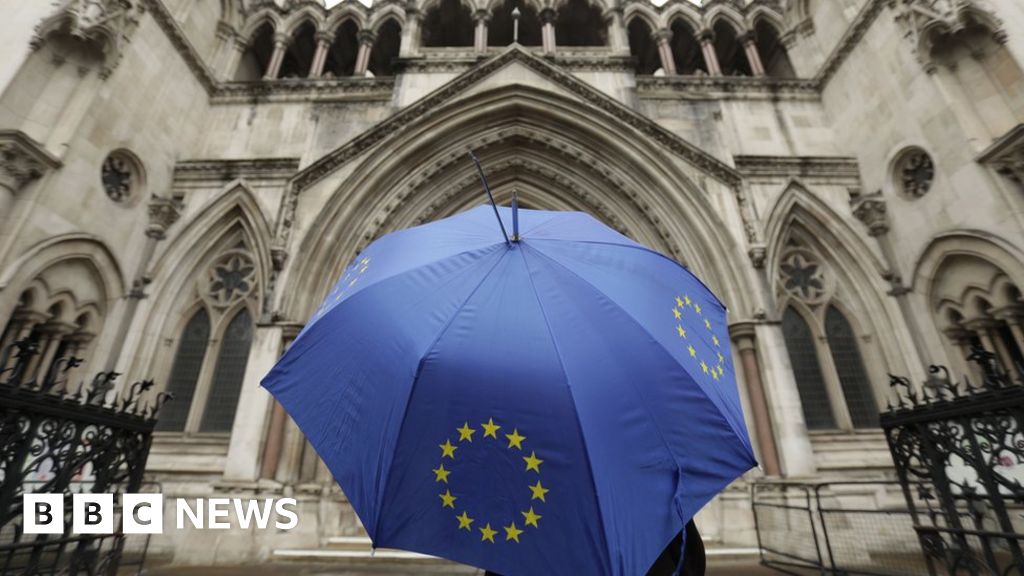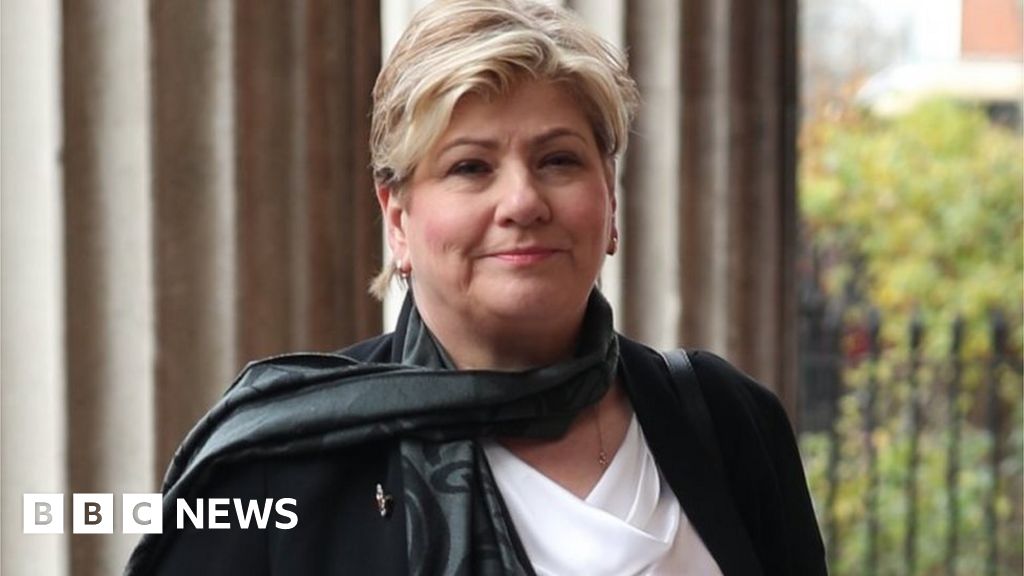Adnan Abidi Reuters
NEW DELHI — Indian authorities clamped down Thursday on demonstrations against a contentious citizenship law, prohibiting public gatherings in two major states and parts of the nation’s capital that are together home to more than 260 million people.
A coalition of civil society groups called for rallies across the country on Thursday to voice opposition to the law, which opponents say is discriminatory and violates India’s constitution. The law creates a fast-track to citizenship for migrants from six religions who arrived in India by 2014, but excludes Muslims.
In Delhi, hundreds of peaceful protesters gathered near one of the city’s major monuments to begin a march, but police invoked a measure that forbids gatherings of four or more people, effectively making protests illegal. Police detained protesters and took them away in buses.
[Why protests are erupting over India’s new citizenship law]
Internet and phone service was also suspended in some parts of the city. A police order reviewed by The Washington Post instructed cellular companies to shut down service in five areas on Thursday, including the locations of planned protests. India leads the world in the number of Internet shutdowns, which authorities say are a way to prevent violence and unrest.
Pavan Duggal, an attorney and cyberlaw expert, said he could not recall a previous instance when Internet service was cut in India’s capital. Resorting to such severe tactics to control protests is “counterproductive” and sends a signal of panic, he said.
The Delhi police also restricted movement in the capital. More than 15 metro stations were shuttered, and vehicles were prevented from entering the city on several roads from the neighboring suburb of Gurgaon, leading to monumental traffic jams.
Protests against the citizenship law have roiled India in recent days, and some have turned violent. On Sunday, police stormed a university campus in Delhi, striking unarmed students and firing tear gas into the library. The protests are the most sustained show of opposition to Indian Prime Minister Narendra Modi since he came to power in 2014.
Adnan Abidi
Reuters
Police officers detain a demonstrator during a protest against a new citizenship law at the Red Fort in Delhi on Thursday.
In Bangalore, capital of the state of Karnataka, protesters holding signs were taken into custody by police after authorities invoked the same measure, known as Section 144, to disallow public gatherings. Among those detained was Ramachandra Guha, one of India’s most distinguished historians.
“This is totally wrong,” he said in a video from the scene. “Our paranoid rulers in Delhi are scared” of a peaceful protest.
All of Uttar Pradesh, India’s largest state and home to 200 million people, was placed under Section 144 restrictions on Thursday. The state’s director general of police, O.P. Singh, told reporters that no protest would be permitted in the state.
[India passes controversial citizenship law excluding Muslim migrants]
“Parents are advised to counsel their kids and ask them not to participate in any kind of protest, and if they do, police will take action against them,” he said.
Despite the warning, hundreds of protesters took to the streets Thursday afternoon in the old city area of Lucknow, capital of Uttar Pradesh. They threw stones at officers, burned several vehicles and torched two police outposts. Police responded by firing tear gas and smoke grenades.
In Delhi, the demonstrations were peaceful through Thursday afternoon, but police in riot gear were present in large numbers. Police detained hundreds of protesters from several locations, including the city’s renowned Red Fort.
The citizenship law is “unconstitutional,” said 24-year-old student Swati Khanna before she was taken away by police officers. “India is becoming a police state, but we will reclaim it.”
Protests took place Thursday in at least six other cities. A large march was expected in the financial capital of Mumbai later in the day. The government of the state of Maharashtra, where Mumbai is located, is not controlled by Modi’s Bharatiya Janata Party, and authorities there have allowed the demonstration to proceed.
Tania Dutta in New Delhi and Saurabh Sharma in Lucknow contributed to this report.
Read more
India passes controversial citizenship law excluding Muslim migrants
Why protests are erupting over India’s new citizenship law
India’s Internet shutdown in Kashmir is the longest ever in a democracy
Today’s coverage from Post correspondents around the world
Like Washington Post World on Facebook and stay updated on foreign news
https://news.google.com/__i/rss/rd/articles/CBMiwwFodHRwczovL3d3dy53YXNoaW5ndG9ucG9zdC5jb20vd29ybGQvYXNpYV9wYWNpZmljL2luZGlhLW11enpsZXMtY2l0aXplbnNoaXAtbGF3LXByb3Rlc3RzLXNodXR0aW5nLWRvd24taW50ZXJuZXQtYW5kLWRldGFpbmluZy1wcm90ZXN0ZXJzLzIwMTkvMTIvMTkvZDViYzRlYTYtMjFhNy0xMWVhLWIwMzQtZGU3ZGMyYjUxOTliX3N0b3J5Lmh0bWzSAQA?oc=5
2019-12-19 11:16:00Z
52780504582595




